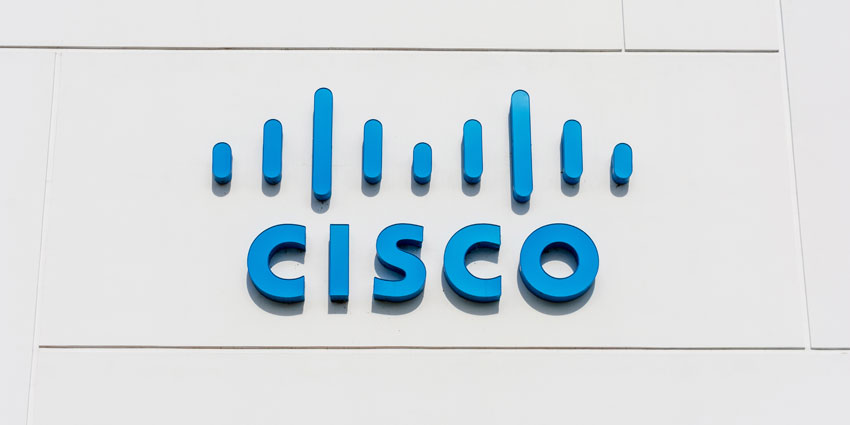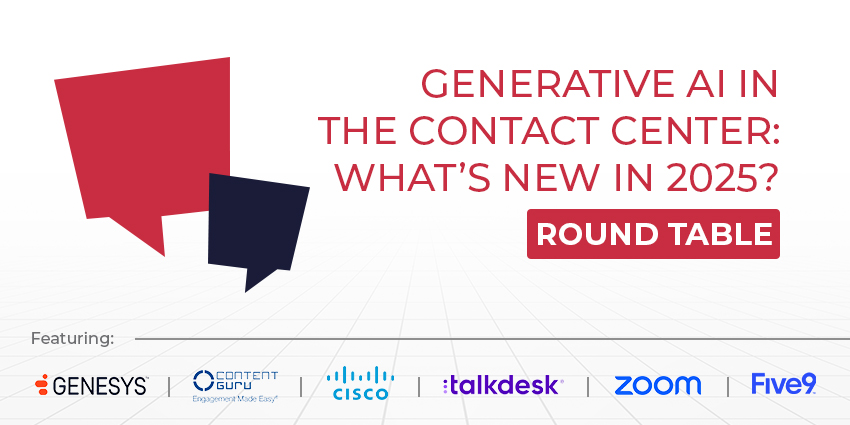Call centers could be surplus to requirements within a year, according to K Krithivasan, CEO and Managing Director of Indian IT company Tata Consultancy Services.
Speaking to the Financial Times, Krithivasan discussed the proliferation of generative AI (Gen AI) within the contact center sector and how this will impact human agents.
While he did concede that AI has not yet led to mass staff cuts, Krithivasan argues that it is only a matter of time before GenAI-powered chatbots reach a level of sophistication that they will almost entirely eliminate the need for incoming customer service calls.
“In an ideal phase, if you ask me, there should be very minimal incoming call centers having incoming calls at all,” he said.
We are in a situation where the technology should be able to predict a call coming and then proactively address the customer’s pain point.
Krithivasan believes that bots will be able to achieve this via integration within a company’s customer transaction history – essentially completing the work currently being done by human agents.
And while the CEO does not think the technology is currently advanced enough to realize this vision, he suggests that it could be a reality sooner than people expect:
“That’s where we are going … don’t think we are there today – maybe a year or so down the line.”
Interestingly, Krithivasan’s predictions could have the biggest impact in his company’s country of residence.
India is considered one of the largest employers of contact center staff in the world, with industry group Nasscom reporting that the country employs over five million people across the IT and business process outsourcing sector.
Indeed, TCS – an arm of Krithivasan’s own company that covers IT development– currently employs more than 600,000 workers.
But how accurate will Krithivasan’s predictions prove to be? And what are the other voices in the customer service and CX space saying about the impact of GenAI?
AI: Foe or Friend?
Despite the understandable concern around AI potentially replacing humans in the contact center, many significant voices have cautioned companies against placing all of their eggs in the AI basket.
Most notably, tech research specialist Gartner recently released a report suggesting that organizations that pursue digital-only solutions may actually end up in trouble with the law.
Given the rapid expansion of GenAI-powered solutions, Gartner predicts that the EU may incorporate “the right to talk with a human” into its consumer protection regulations by 2028.
In addition, Emily Potosky – Senior Director of Research in the Gartner Customer Service and Support Practice – echoed these sentiments in a recent Q&A, arguing against focusing exclusively on self-service and automation technology intended to replace employees.
For Potosky, while AI is enhancing chatbots and other self-service offerings, there are still significant shortcomings. She argues that only a small number have the ability to completely address customer concerns with most still requiring “some level of assisted service.”
Gartner’s thoughts seem to be shared by the wider CX space, with Calabrio’s 2023 State of the Contact Center report revealing that seventy percent of contact center managers anticipate that AI will lead to an increase in the number of agents over the next decade.
Rather than taking their jobs, the 400 contact center managers surveyed for the report believe the biggest impact of AI will be evolving the role of the human agent.
The research notes that managers believe agents will “become even more important brand guardians given the increasing complexity of customer challenges.”
Perhaps the most surprising name speaking out against the dangers of AI, is Krithivasan himself.
Despite predicting the possible death of the contact center as we know it, when discussing his company’s pipeline for GenAI projects, the tech CEO appears to contradict himself.
Krithivasan played down the impact of GenAI, stating that: “We are in the phase where we are in a hype that we are overestimating the benefits.
“The impact would be seen more long term than expecting to get the benefits in the next two to three quarters.”
Moreover, Krithivasan seemed to rubbish the suggestion that the influx of GenAI-powered solutions would lead to staff reductions:
The world is going to need more and more people, not fewer people, in terms of technology talent – and India has so many people.







